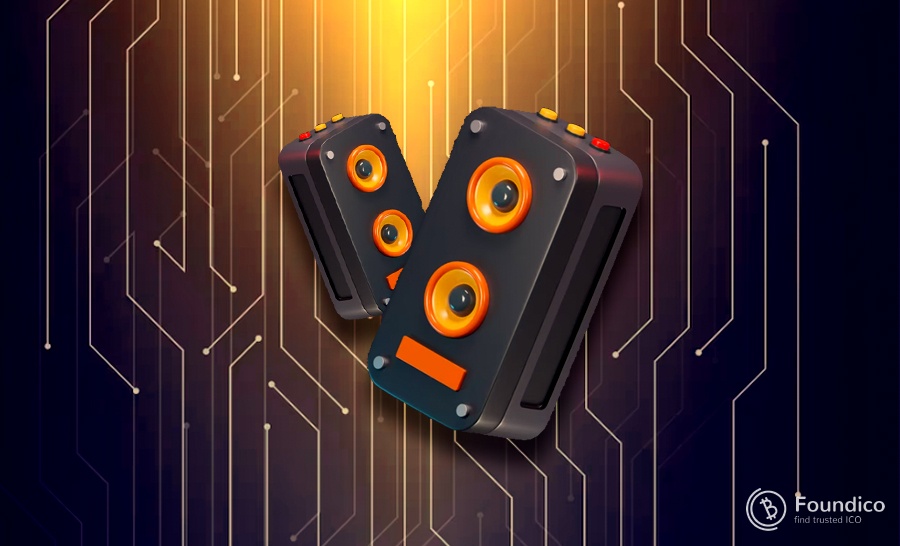The Landscape of Music and Artistic Endeavors Beings Reshaped by AI

Artificial intelligence (AI) is pushing the envelope of what is possible and inspiring new forms of expression in creative industries like music and art, providing new opportunities for musicians and artists. This article will look at how AI affects creativity and what that means for the future of music and art.
Creating Fresh Ideas and Inspirations.
By providing new ideas and inspirations for musicians and artists, AI is one of the main ways it is fostering creativity. Large-scale data analyses performed by machine learning algorithms can spot patterns and trends that humans might miss.
For instance, AI-powered systems can analyze musical compositions to find common structures and patterns, inspiring new compositions that build upon these patterns in fresh and creative ways.
By examining existing images and spotting patterns and trends, AI can also assist designers and artists in coming up with fresh visual concepts.
Collaboration and accessibility improvements.
AI can improve accessibility and collaboration in the creative industries by making it easier for musicians and artists to collaborate remotely and share information and resources. AI-driven systems, for instance, can facilitate collaboration between designers and artists by offering real-time feedback and suggestions.
Even when they are geographically separated from one another, this can help musicians and artists work more productively and effectively.
concerns and difficulties.
Despite the potential advantages of AI for creativity, there are also issues and challenges that need to be resolved. The possibility that AI will completely replace human creativity is one of the main worries.
A loss of individual artistic expression and creativity may result from relying too heavily on AI, according to some, despite the fact that it can produce fresh ideas and inspirations. They contend that AI lacks the depth and complexity of human creativity.
The potential for bias in AI algorithms is a further worry. Algorithms that are developed using biased data may reinforce and even amplify pre-existing biases in the creative industry.
Future of AI and Creative Expression.
AI's effect on creativity is probably going to grow more noticeable as it develops. More complex machine learning algorithms are likely to be developed in the future, enabling artists and musicians to push the envelope of what is conceivable and produce new genres of music and art.
However, it's critical to approach the use of AI in creativity with caution and address any potential biases or concerns before they become a problem. By doing this, we can guarantee that AI is applied to improve creativity and stimulate novel forms of expression while also protecting the special human component of creativity.
Conclusion.
AI is redefining creativity by fostering fresh insights and motivations, improving accessibility and collaboration, and expanding the realms of what is conceivable in music and art. But there are also significant ethical and practical issues that should be taken into consideration.
We can make sure that AI is used to improve creativity and inspire new forms of expression while also preserving the distinctive human element of creativity by approaching the use of AI in creativity with caution and addressing any potential biases or concerns.
By Pooyan Ghamari, a Swiss economist who is exploring the impact of AI
